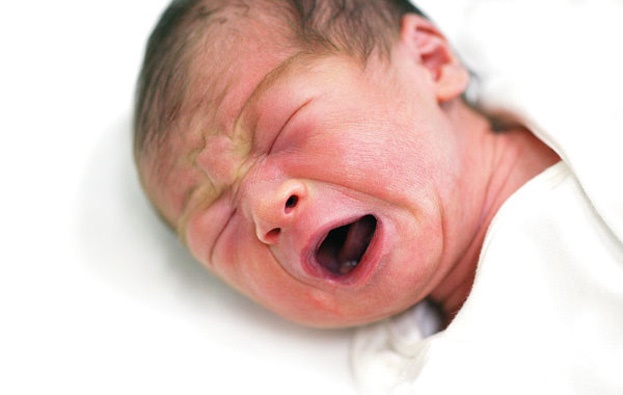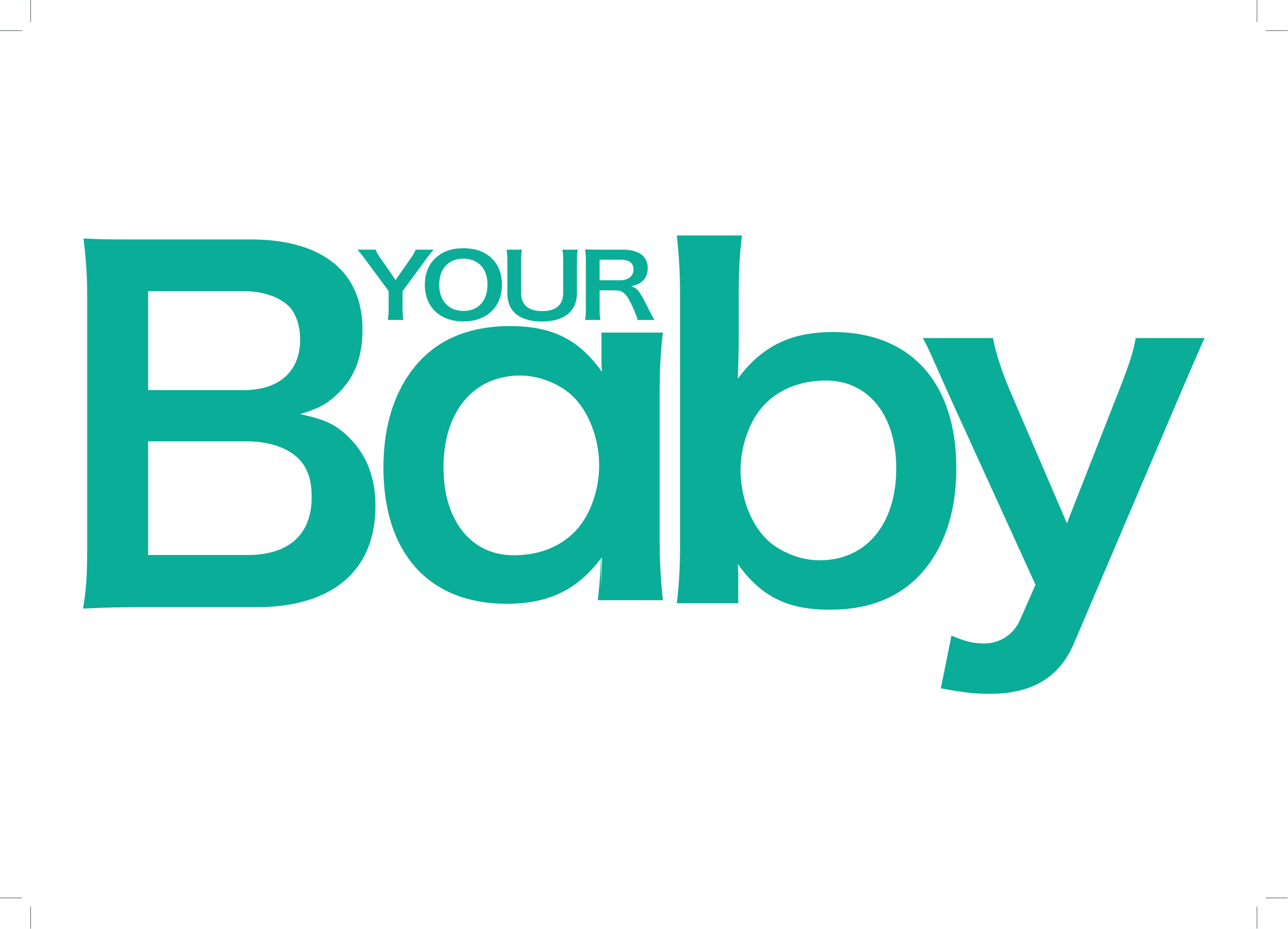
At birth newborns not only look funny, but they sound funny as well. Your newborn’s body is brand
new and it has to learn to function on its own, in other words outside of the womb.
As a new parent you will jump at every pip and squeak your baby makes, which is normal, but most
of the sounds that your newborn makes are equally normal and not an indication of any sickness or discomfort.
The truth is that her body is learning to function as a separate entity from mom. So how noisy does a newborn get, really?
Crying
Babies cry not because they are in pain, but usually because it is the only way they know how to communicate with you. As you get used to your baby you will learn to decipher her cries and learn how to respond to them.
Crying can mean, “I’m hungry,” “I have a wet nappy,” “I want to be held, ” or, “I’m sick.” Your newborn baby will produce a symphony of noises – especially highpitched squeaks – in addition to the crying. These little noises are normal and nothing to worry about.
Burping
Newborn burping is caused by the air babies swallow during feeds, which may cause them some discomfort, so it’s important for them to burp. Be sure to wind your baby after feeds.
Grunting
Newborn grunting and straining is normal, and isn’t a sign that your baby is constipated. The real sign of constipation is small, round, pellet-like poo. Let your baby gure out how his body works – the grunting will stop over time.
Hiccups
Hiccups are caused when your baby’s diaphragm contracts. This is involuntary. When she inhales, her diaphragm pulls down to help pull air into the lungs. When she exhales, the diaphragm relaxes
and air ows out of the lungs back out through her nose and mouth.
But when babies are feeding they often swallow air and the diaphragm becomes irritated. When this happens, it pulls down in a jerky way, which causes your baby to suck air into her throat suddenly. When the air rushing in hits the voice box, your baby is left with a big hiccup.
Hiccups do not bother your newborn at all, and they do not need to be stopped. This means that you don’t have to give your baby water or try any other hiccup stopping techniques. You’ll find that the hiccups will decrease in frequency over the first few weeks.
Irregular breathing
Don’t worry if you nd your newborn’s breathing pattern a bit “off” in the first few days. Your baby’s breathing rate may vary widely, sometimes exceeding 60 breaths per minute, especially when she
is excited or following a bout of crying.
However, if your baby turns blue or stops breathing for longer stretches of time, it is an emergency and you should contact your doctor immediately or go to the hospital.
Sneezing
Sneezing also occurs very frequently and doesn’t indicate a cold, infection or allergies in newborns. This is a normal reflex in newborns.
Snuffling
Newborns snuffle a lot. This is because they tend to breathe through their noses and their nasal passages are still quite narrow, so small amounts of nasal fluid or mucus can cause them to breathe noisily or sound congested even when they don’t have a cold or other problem.




 Publications
Publications
 Partners
Partners










